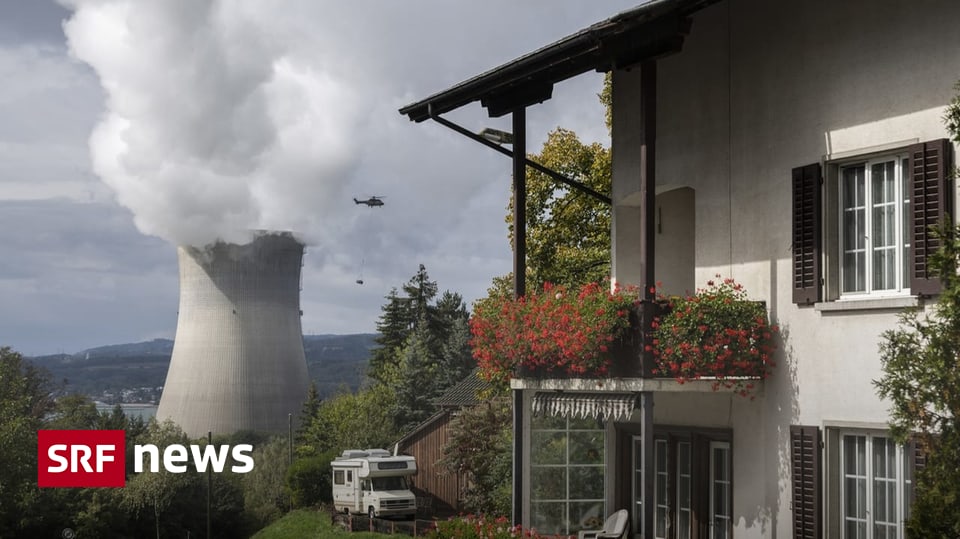Contents
Electricity prices are currently lower than ever. The reasons for this are diverse.
If you consume electricity, you still get money for it – so-called negative electricity prices have recently been a frequent occurrence in Swiss electricity trading. When electricity consumption brings in money, an energy company like Axpo can use it, explains chief economist Martin Koller: “We try not to produce where possible and pump up electricity for times when prices will be positive again.”
Many power plants continue to run
Electricity prices drop below zero at times on windy and sunny Sundays. In Switzerland, for example, a customer received up to 50 euros per megawatt hour that he consumed for a short time at the beginning of July.
This is due to the fact that many power plants are not shut down even if demand falls, explains Koller: “If they have a feed-in tariff, for example, they continue to produce and the power plant benefits regardless of the market price. Some power plants such as run-of-river power plants cannot turn off. Switching off coal-fired power plants would be more expensive.”
Legend: Many power plants are not shut down even if demand falls. Keystone/Ennio Leanza
Both feed-in tariffs and coal-fired power plants will disappear in the next few years. Production will therefore react more quickly to demand. Koller is convinced that there will still be negative prices: “The situation will continue, but in the long term it will disappear. However, there will be many situations where prices are close to zero.”
Consumers get little out of it
The low and negative prices are already providing an incentive to build storage facilities, be they smaller or larger batteries, or even to expand pumped storage power plants.
“There are projects that pay off after just a few years. This is an effect of volatility, and the negative prices can help with that,” explains Christian Schaffner, Director of the Energy Science Center at ETH Zurich.
So far, what helps energy producers is of no use to private consumers in Switzerland. On the contrary, in the regulated Swiss electricity market, many customers pay the most at midday when the supply is actually at its greatest due to solar power.
That will change, predicts Martin Koller. «Your supplier will do it in such a way that the power consumption is distributed flexibly throughout the day. Full market opening would create incentives. Customers who are willing to control their load or who have flexible assets themselves, such as electric cars, would benefit from these conditions.”
Expansion of electricity production still interesting
The question remains as to whether lower and sometimes negative prices will spoil energy companies’ appetite for building new production facilities. Koller says evasively: “Of course, when it comes to long-term investments, we look at the long-term earnings situation.”
However, Christian Schaffner from ETH Zurich assumes that the prices for electricity will not fall due to the increasing demand. “If we look at the scenarios, we see a medium to long-term trend towards slightly higher electricity prices.”
In other words, large corporations such as Axpo and individual private individuals would still have an interest in expanding their electricity production, despite temporarily negative prices.
